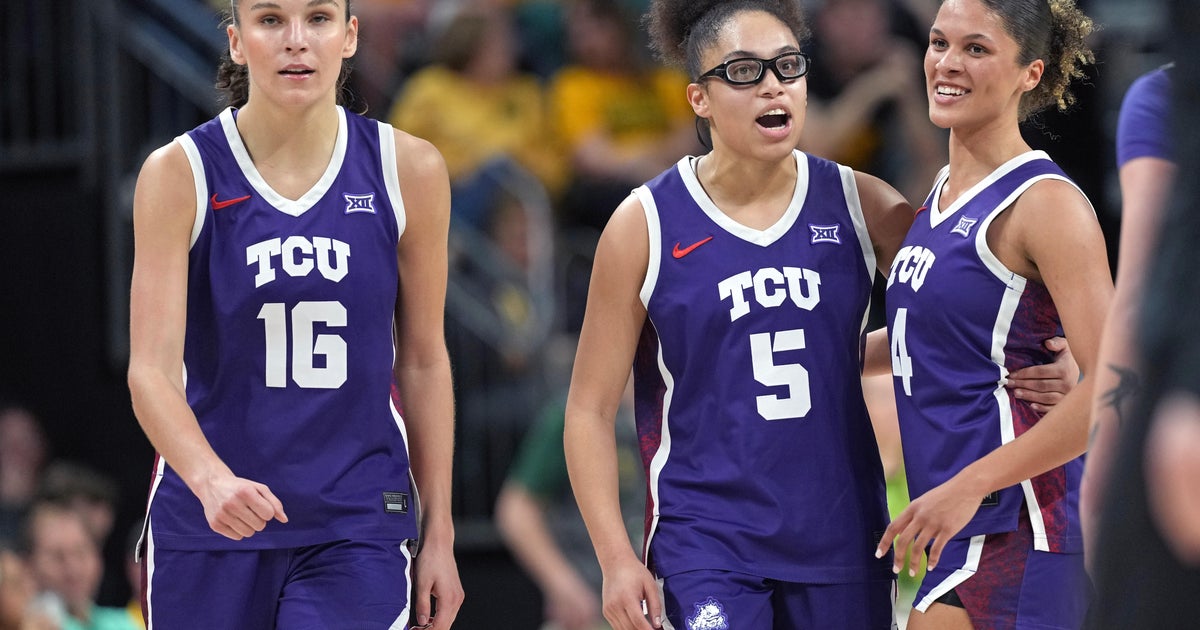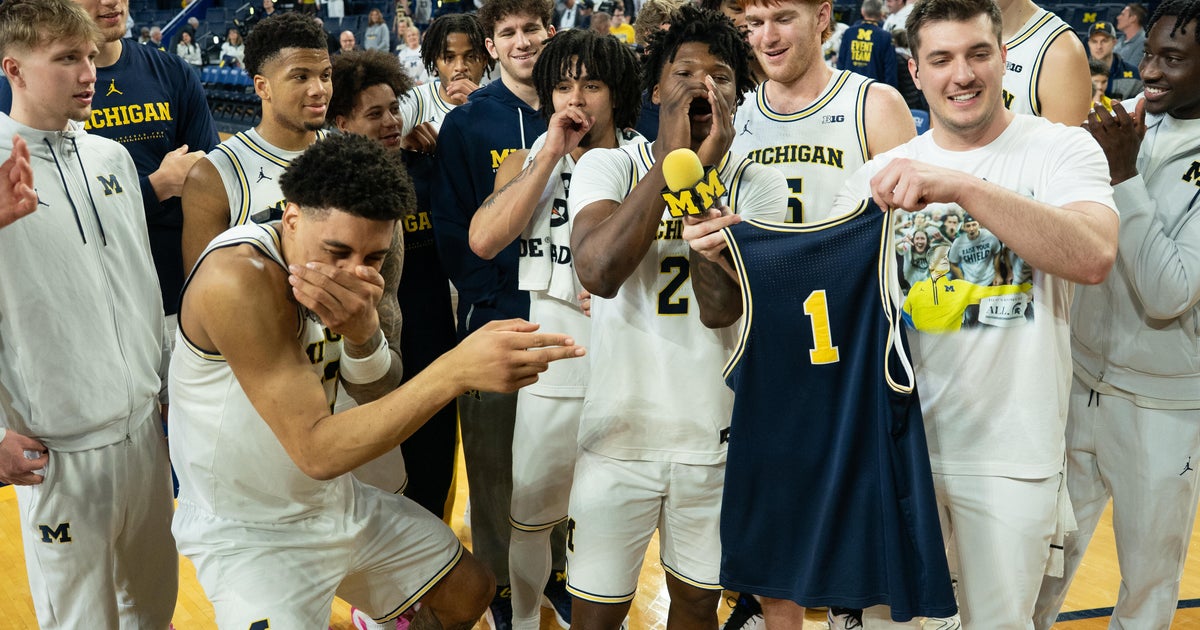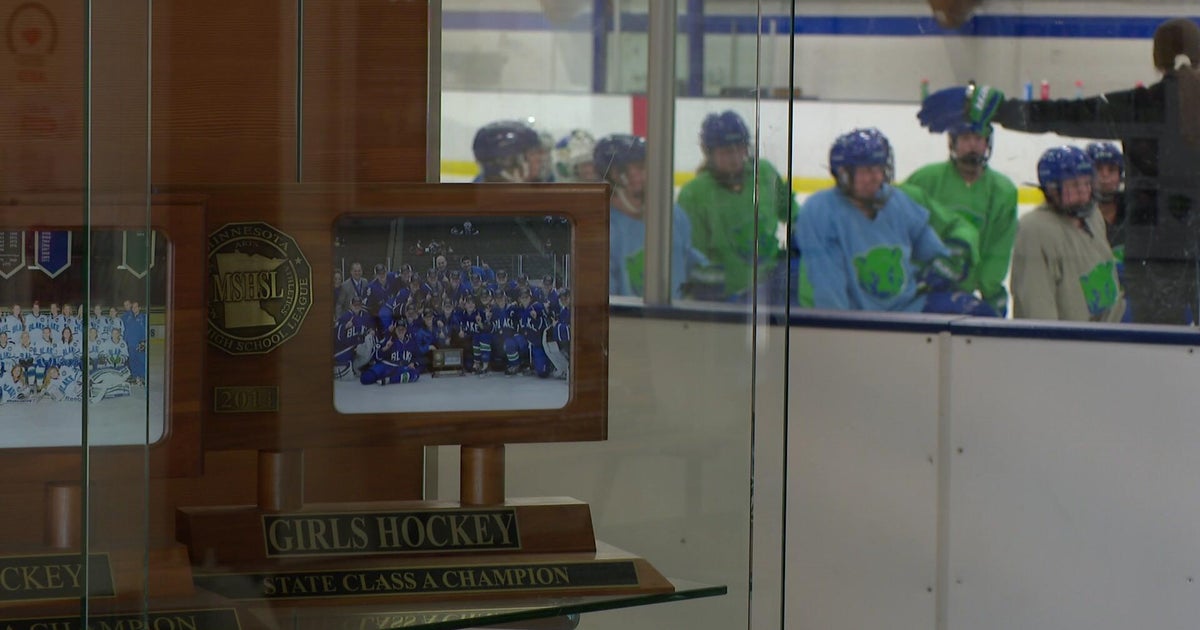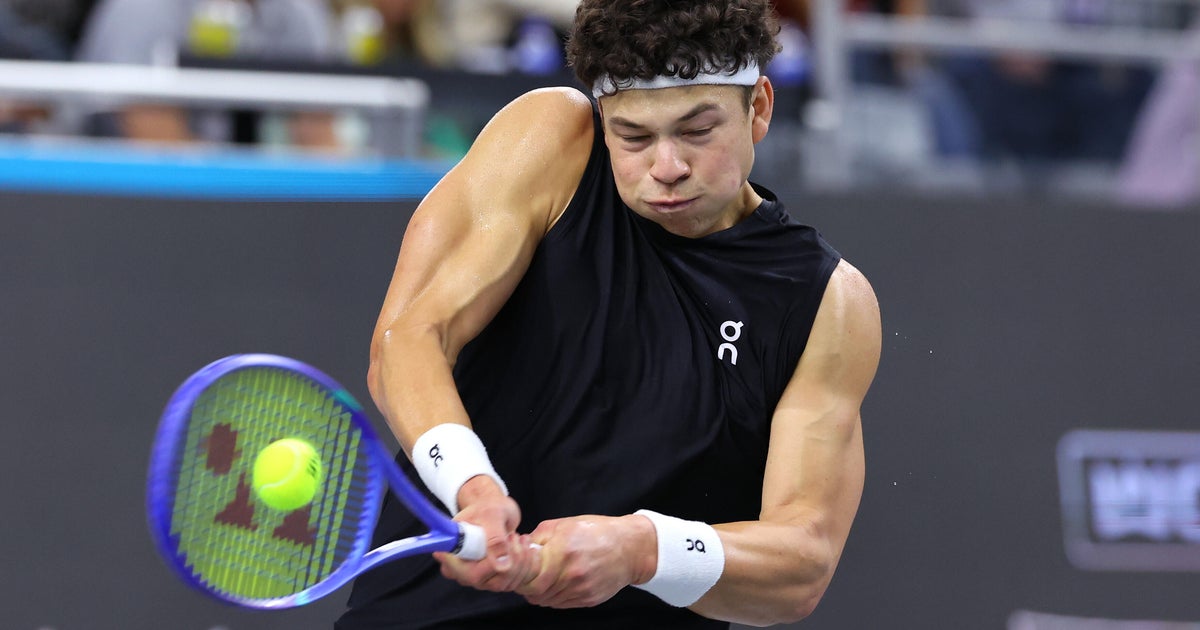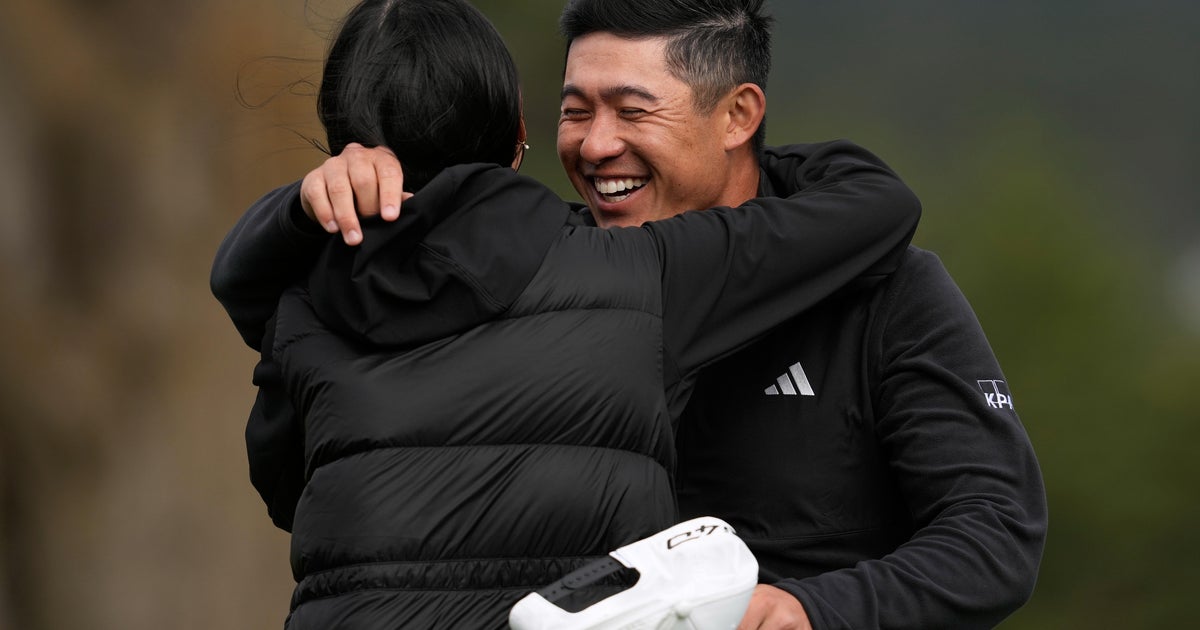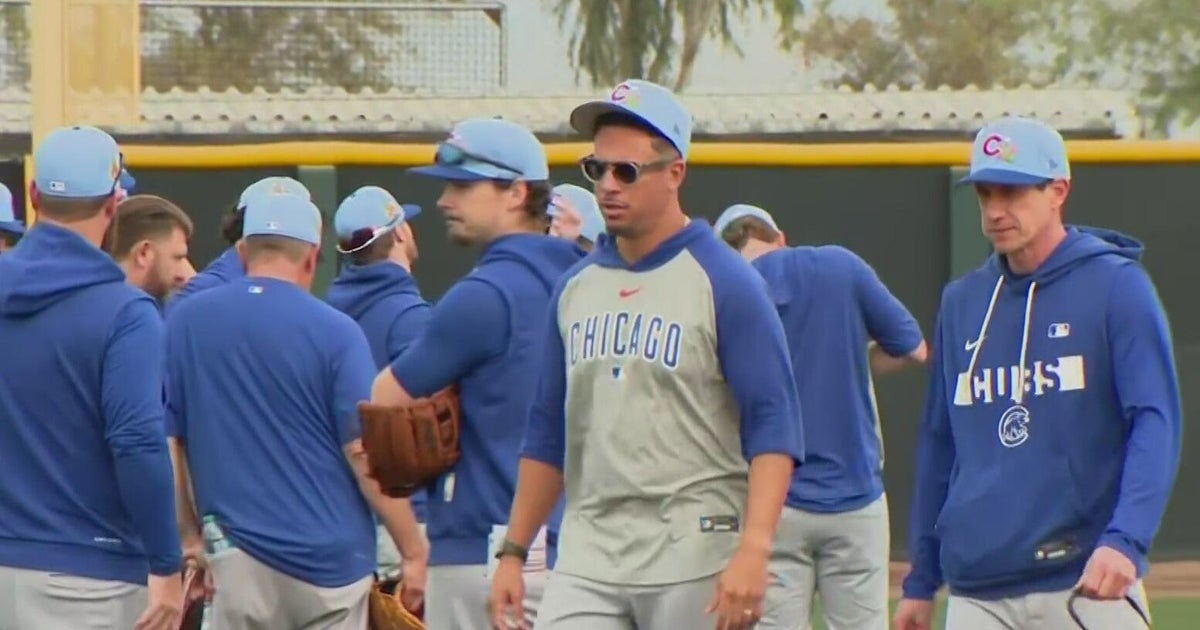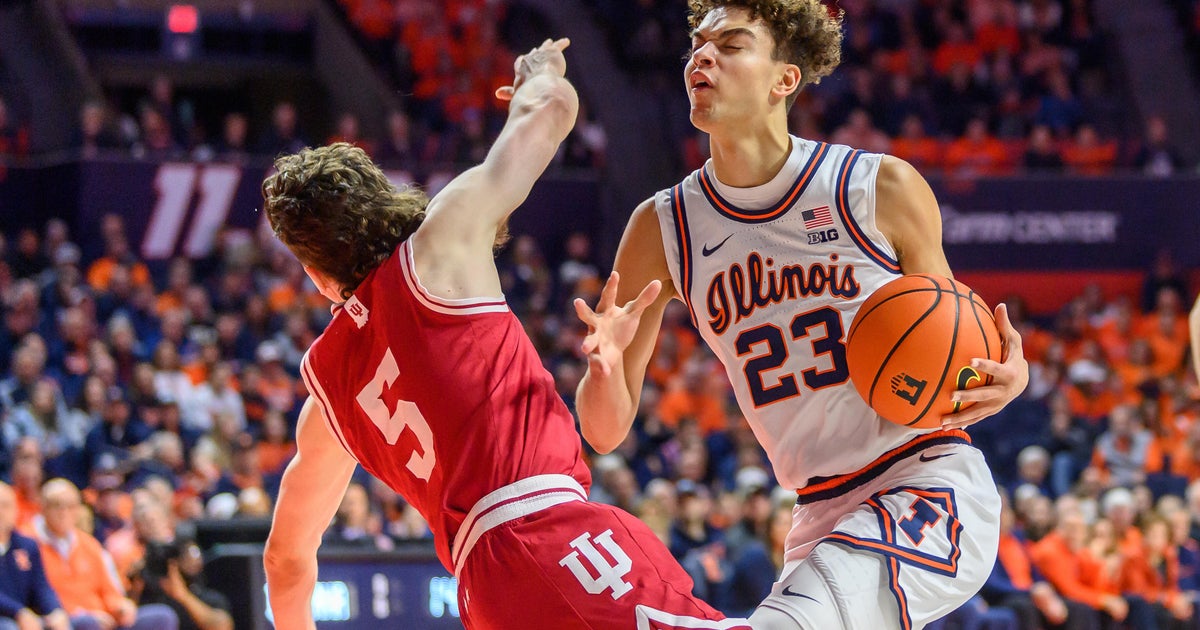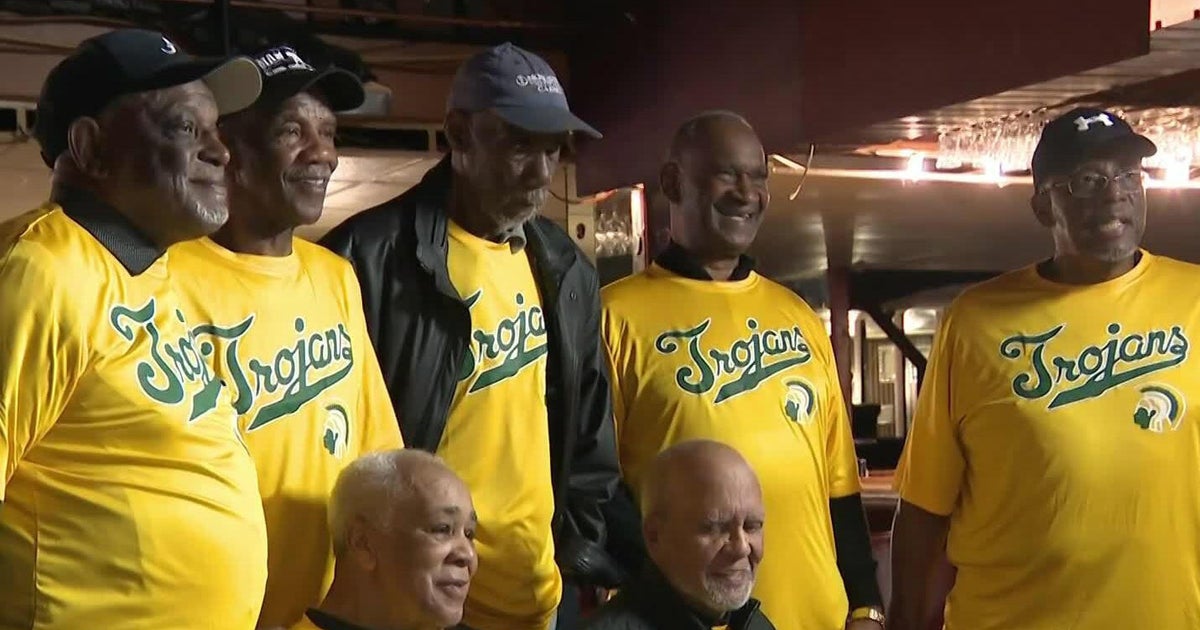Rough Year For Texas A&M Coach Billy Kennedy
COLLEGE STATION (AP) - Billy Kennedy has had a trying first season at Texas A&M.
The former Murray State coach missed a month early in the season after being diagnosed with the beginning stages of Parkinson's disease and has felt guilty about that absence since.
After his return, injuries and a lack of chemistry doomed his team to a ninth-place finish in the Big 12 after entering the season expected to contend with Kansas for the league title.
Now Kennedy and the Aggies must regroup for the Big 12 tournament, needing to win it all to extend their school-record streak of appearances in the NCAA tournament to seven straight.
The Aggies have dropped a season-worst five straight heading into Wednesday's game against Oklahoma. Texas A&M lost to the Sooners by three points in the regular-season finale Saturday after beating them in overtime in January.
Kennedy, who took over in May when Mark Turgeon left for Maryland, doesn't like to make excuses but knows his team suffered from the medical leave he took starting Oct. 14.
"That was really hard, having a new staff and trusting those guys to do things the way I would do them," Kennedy said in a recent interview with The Associated Press. "They did a great job, but it's still not the same as being a part of it every day myself. So you have to deal with throughout the year feeling guilty a little bit about not preparing your team in the month that is the most critical month to build a base."
Kennedy had been dealing with tightness and pain in his left shoulder and the same side of his neck for months, but the 48-year-old chalked it up to getting older. When he was diagnosed with Parkinson's in mid-September, he didn't change his workout habits or do anything to manage the disease and he was soon in so much pain that he was sleeping just two hours a night.
It didn't take long for him to realize that he couldn't continue living that way.
"When we found out we tried to just keep doing what we had been doing and not really addressing it," his wife Mary Kennedy said. "He was getting two hours of sleep a night for five weeks and finally his body and his mind said hey, if you're not going to address it I will and he just stopped. It was total exhaustion."
That's when he went on leave, but he still wasn't ready to disclose his condition. It was in that time that he worried about the worst-case scenarios for his future.
"When you first get it, the doctors don't tell you if you're going to be like Michael J. Fox or Muhammad Ali," he said of the pair of celebrities who have publicly struggled with the disease. "The tension and the stress of work and then finding out the diagnosis played with my mind more than I would have liked."
A couple of weeks after he began his leave, he decided he couldn't keep his diagnosis to himself.
"I went about 1 1/2 months without anyone knowing and that wasn't working, so I just figured it was best to face it and go forward," he said. "It was relief. I thought that was the right thing to do. I lot of people told me I shouldn't come out with it because people could use that against you, especially your first year. So I had some mixed feelings about it, but I just thought from a character standpoint that was the right thing to do."
It was then that he started hearing from other people in high-stress jobs, including fellow coaches who are living with the disease and have figured out ways to keep doing their jobs. He knew that since he's young, he may not experience major symptoms for 15 or 20 years. But he had to find a way to handle his current symptoms in order to get back on the sidelines.
That turned out to be a relatively simple process.
"I mostly just had to get rest and get back in a routine of getting the right kind of sleep and continue to exercise, but exercise more wisely," he said. "Then just recognize that I can do what I'm doing, I've just got to manage myself a little better."
He doesn't take medication for the disease and hopes that he won't need to anytime soon. Still, it comforts him to know that there are medications available that could help him if he needs them in the future.
Senior Dash Harris has been impressed with Kennedy's resolve in dealing with his disease and the challenges of coaching a new team.
"He's been an inspiration to a lot of us because we saw how bad he wanted to be here," Harris said. "Even when he wasn't feeling so good early on and he didn't have a lot of energy, you could see him giving it his all and that made us want to play harder and practice harder for him."
Kennedy was preparing for his return just as the Aggies got more bad news when top returning player Khris Middleton had surgery to repair a torn meniscus in his right knee Nov. 11. That kept him out for the next seven games and further stunted A&M's progress.
"It's been hard when you have your best player for a few games, but he's not healthy and then you don't have him," Kennedy said of Middleton. "You like to build your team around your best players and we were trying to do that during the season and usually you do that in the preseason."
Middleton returned for 10 games, but never felt right and was soon out again, missing five more games. Things soon got even worse for the Aggies when Harris, the only true point guard on the team, suffered a foot injury that kept him out for seven games, including four that Middleton also missed.
After the two returned, the team still lacked the chemistry Kennedy was looking for -- but he was proud of the work his players were putting in during a season with so many obstacles.
"This group has never been too down and obviously never been too high," he said. "I'm thankful that we've had decent enough character within our team and we've never broke. Because it would have been real easy just to break and not win any games and not be competitive in any games. We've been competitive; we just haven't been able to get over the hump."
Kennedy long considered A&M his dream job and isn't discouraged by the difficult year that breaks his streak of seven straight winning seasons. He knows he can turn things around with time.
There's plenty of reason to believe he's right. Just look at the 30-1 record of No. 11 Murray State, where he spent the last five seasons.
"That's the result of the sixth year of a program and a system in place that has depth, talent, chemistry and all the ingredients for a special season," he said of Murray State. "It wasn't like that my first year. We were able to get it right there and I know that we'll get it right here."
(© Copyright 2012 The Associated Press. All Rights Reserved. This material may not be published, broadcast, rewritten or redistributed.)
Also Check Out:
